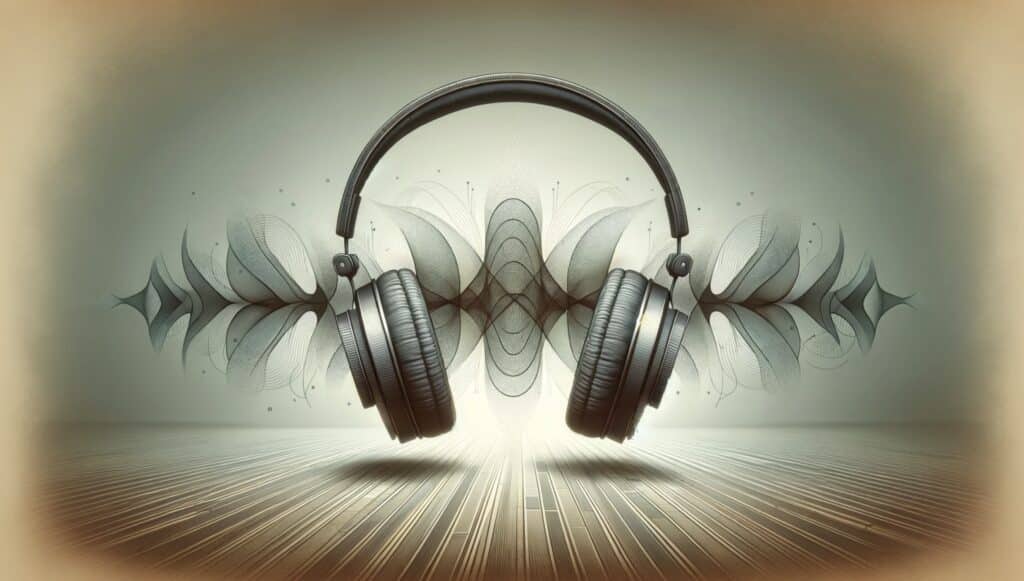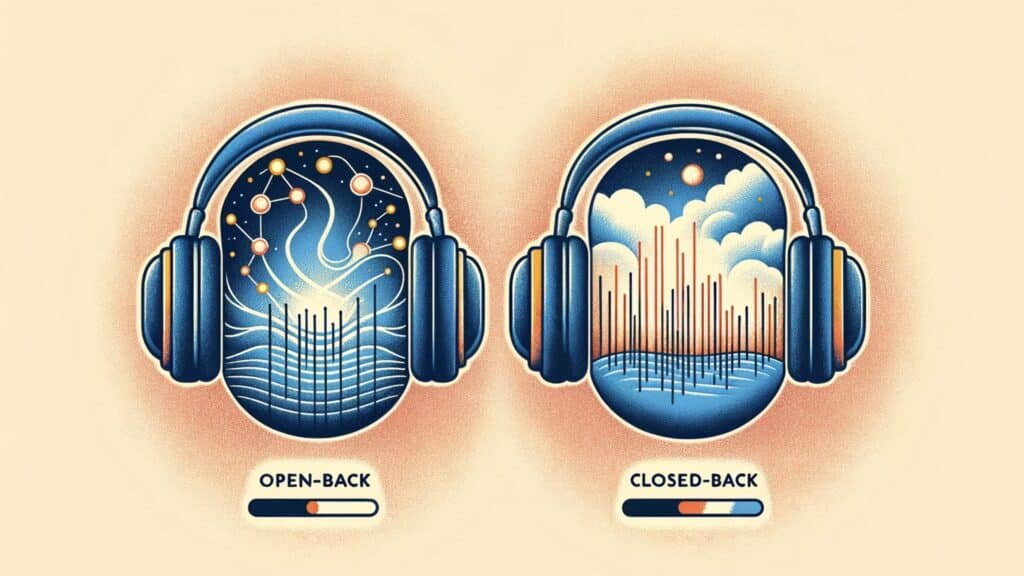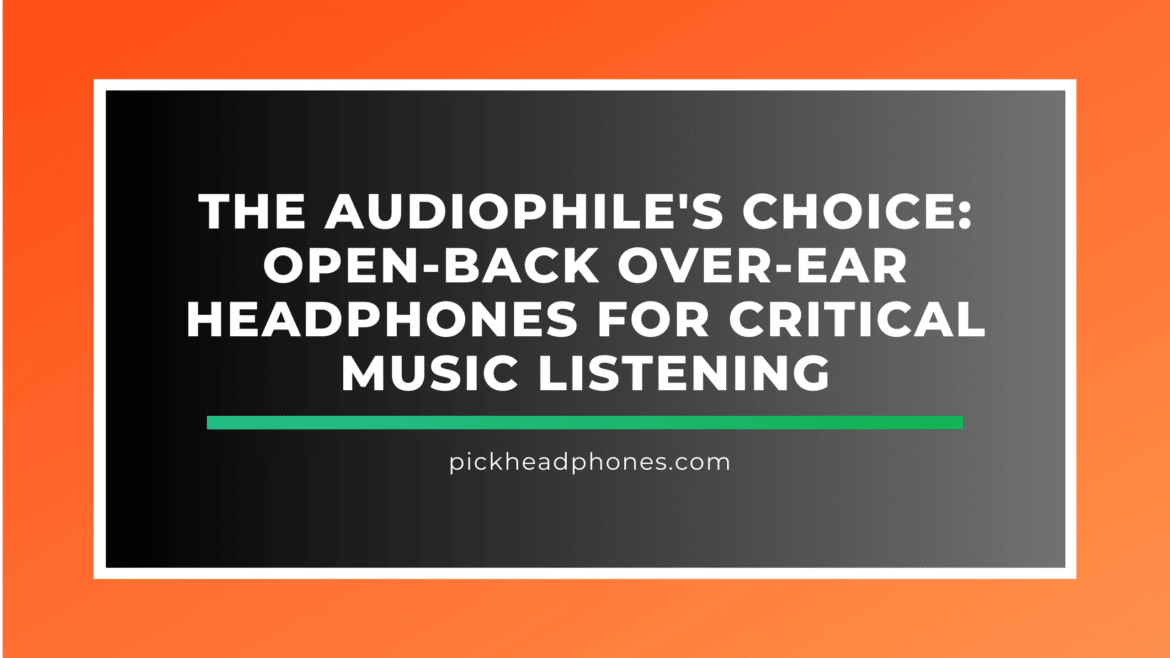- What are the key sound quality differences between open-back and closed-back headphones?
- How does the design of open-back headphones affect the naturalness and authenticity of sound?
- In what ways do open-back headphones provide an enhanced soundstage and imaging for listeners?
- What are the advantages and disadvantages of open-back headphones in terms of sound leakage and noise isolation?
- Why are open-back headphones considered a superior choice for critical music listening in quiet environments?
When it comes to critical music listening, the type of headphones you choose can dramatically alter your auditory experience. In the realm of high-fidelity audio, open-back over-ear headphones have carved out a distinct niche. They are often preferred by audiophiles and sound professionals for their unique sound characteristics. This article delves into the reasons behind the preference for open-back headphones over their closed-back counterparts, especially in scenarios requiring critical listening.
Understanding Open-Back Headphones

Natural and Authentic Sound Quality
Open-back headphones are designed to allow air and sound to pass freely through the back of the ear cups. This design reduces echo and resonance, offering a sound profile that is more natural and less “boxed in.” The result is a listening experience that closely mimics the feeling of listening to live music, where sound interacts naturally with the environment.
Table: Sound Quality Comparison
| Feature | Open-Back Headphones | Closed-Back Headphones |
|---|---|---|
| Sound Naturalness | High (less echo/resonance) | Lower (more echo/resonance) |
| Bass Response | More accurate | Often exaggerated |
| Soundstage | Wider and more immersive | Narrower |
| Ideal Environment | Quiet, controlled settings | Noisy, public settings |
Enhanced Soundstage and Imaging
A key advantage of open-back headphones is the enhanced soundstage they offer. Soundstage refers to the perceived spatial awareness and directionality of sound, crucial for critical listening. Open-back headphones excel in providing a sense of depth and breadth in music, allowing listeners to pinpoint the position of different instruments and vocals.
Comfort for Long Listening Sessions
Long listening sessions require headphones that are comfortable and breathable. Open-back headphones typically have a design that allows for better air circulation around the ears, reducing heat and sweat during extended use.
Comparing Open-Back and Closed-Back Headphones
Sound Leakage and Noise Isolation
One of the significant differences between open-back and closed-back headphones is in their handling of external noise. Open-back headphones do not isolate noise well, making them less ideal in loud environments. They also leak sound, which can be a concern in shared spaces.
Table: Noise Handling
| Aspect | Open-Back Headphones | Closed-Back Headphones |
|---|---|---|
| Noise Isolation | Poor | Good |
| Sound Leakage | High | Low |
| Ideal Usage | Quiet, isolated areas | Noisy, public areas |
Bass Response
While open-back headphones provide a more accurate bass response, they typically lack the enhanced bass that closed-back models offer. This difference can be crucial for listeners who prefer genres of music that rely heavily on bass.
Conclusion: The Ideal Choice for Critical Listening

In conclusion, open-back over-ear headphones are often the preferred choice for critical music listening due to their natural sound, wide soundstage, and comfort. However, they are best suited for quiet environments where sound leakage is not a concern. For audiophiles who value accuracy and an immersive listening experience, open-back headphones are an excellent choice, though they may not be suitable for every listening situation.
Understanding the unique characteristics of open-back headphones helps in making an informed decision tailored to individual listening preferences and environments. This guide offers insights into why open-back headphones are a favored option among discerning listeners, providing a comprehensive overview of their advantages and limitations.
